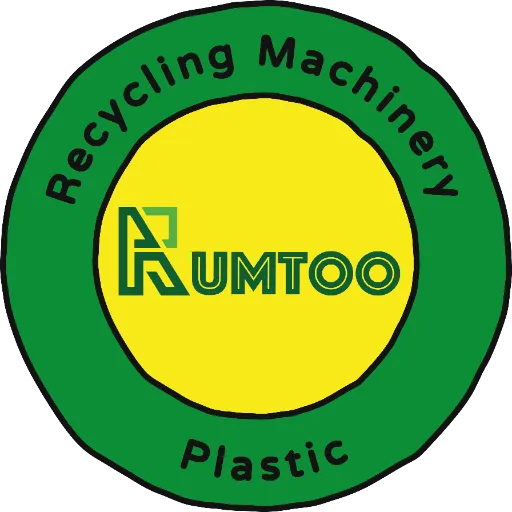The European Union has introduced new restrictions on lead usage in PVC (polyvinyl chloride) products, aimed at minimizing human exposure to this hazardous substance. The updated regulation, which amends Annex XVII of the REACH Regulation (EC No. 1907/2006), sets clear guidelines for the use and marketability of PVC products containing lead.
The Impact of Lead in PVC Products
Lead is a toxic metal known to negatively affect the nervous system, particularly in children, while also causing chronic kidney issues and impacting cardiovascular health. Lead compounds have historically been used in PVC production as stabilizers, enhancing the material’s thermal stability during manufacturing. However, due to their harmful effects, the EU has deemed the intentional addition of lead in PVC products unacceptable for public health and environmental safety.
Key Highlights of the New Regulation
- Restriction on Lead Content: As of May 2024, PVC articles with lead concentrations equal to or above 0.1% by weight will no longer be allowed on the EU market. This restriction covers both new PVC products and those using recycled PVC.
- Limited Exceptions for Recycled PVC: Recognizing the challenges associated with recycling existing PVC materials, the regulation permits exceptions for certain recycled PVC items until 2025 or 2033, depending on the application. These include PVC articles made from “rigid” or “flexible” recycled PVC, with specific limitations on lead content.
- Labeling Requirements: PVC products that contain recycled rigid PVC with a lead content of 0.1% or more must carry clear labeling to inform consumers. This labeling requirement will assist buyers in making informed decisions while supporting waste segregation during disposal.
- Industry Transition Period: Businesses are granted an adaptation period to align their production and supply chain practices with the new rules. Products already on the market before the enforcement date are exempt from the restriction, which aims to avoid excessive disposal and related enforcement difficulties.
- Promotion of Lead-Free Alternatives: To further reduce health risks, the regulation encourages the use of lead-free alternatives for PVC stabilization. The EU Commission and regulatory bodies emphasize the availability of viable substitutes that offer similar performance without the harmful effects of lead.
Implications for Businesses
The new regulation has broad implications for manufacturers, importers, and suppliers of PVC products across the EU. Companies that rely on recycled PVC should assess their current production practices to ensure compliance. Suppliers are also responsible for obtaining certifications verifying the origin and content of recycled PVC, especially for imported items, which must be certified by an independent third party.
Compliance with these rules is not only a legal requirement but also an opportunity for businesses to contribute to a healthier environment. Companies that proactively invest in lead-free alternatives and transparent labeling can position themselves as responsible industry leaders, potentially enhancing brand reputation and gaining customer trust.
A Step Towards a Sustainable Circular Economy
The new lead restrictions are part of the EU’s broader efforts to foster a circular economy. By promoting cleaner recycling practices, the EU aims to eliminate harmful substances from the material loop, ensuring that recycled products meet high safety standards. This initiative will ultimately support the creation of sustainable, “toxic-free” material cycles, preserving both public health and environmental quality.
Moving Forward
Businesses operating in the EU should take immediate steps to review their PVC production and supply chains, ensuring compliance with these updated requirements. For those who rely on recycled PVC, it is vital to familiarize themselves with the permissible levels of lead and obtain the necessary certification for traceability.
For further details, refer to the complete EU regulation or contact industry experts to help navigate these changes efficiently.
